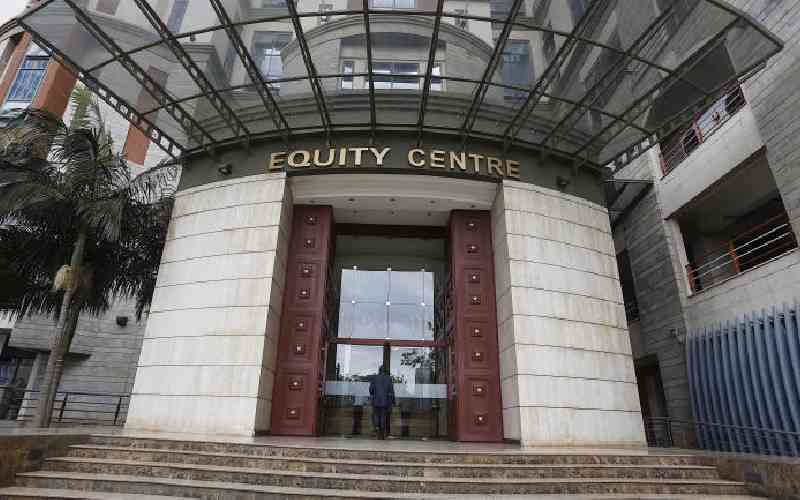×
The Standard e-Paper
Home To Bold Columnists

Kenyan banks planning to enter Ethiopia through local joint ventures will be able buy only up to 30 per cent stake in Ethiopian banks.
This is after the Ethiopian government set the foreign holding cap in local banks for banking entities at 30 per cent, according to new details of the laws guiding the opening up of the local banking sector.